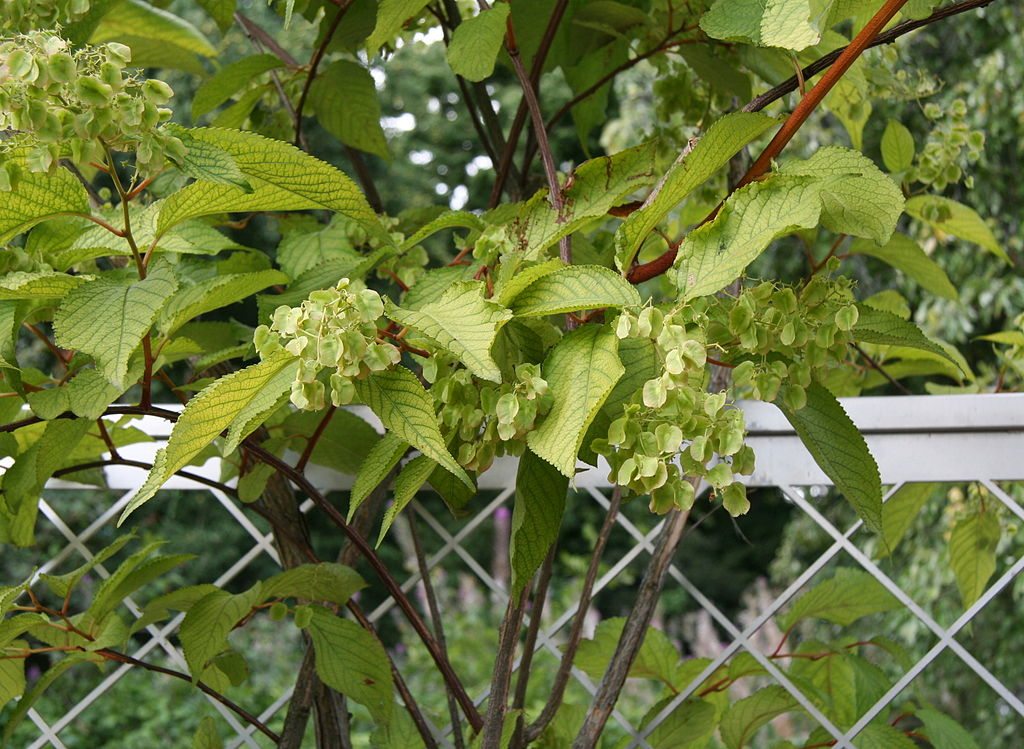NCCAM Criticism from a Not-Quite-Opponent
The demographic of SBM readers are likely to remember the early Miller Lite beer television commercials where sports personalities debated as to whether the beverage “tastes great” or was “less filling.” In one classic version, New York Mets’ Marv Throneberry breaks the shouting match to level his decision: “I feel strongly both ways.” My colleagues at Science-Based Medicine have generally been opposed...
Milk Thistle and Mushroom Poisoning
If you’ve been fortunate to live in the parts of the US that were soggier than usually as of late – or unfortunate enough to have had flooding from hurricanes and tropical storms – then you’ve be noticing a tremendous burst of mushrooms. For mycologists – mushroom enthusiasts – there are two classic chestnuts: “There are old mushroom collectors and bold mushrooms...
Economically-Motivated Herb Adulteration
As early as 2006, I used to be able to write monthly about US FDA warnings on erectile dysfunction supplements being found adulterated with prescription drugs such as sildenafil, the phosphodiesterase-5 inhibitor found in Viagra. These adulteration episodes raised the question of how many anecdotal reports of herbal products “working” had to do with them containing approved medicines. So common was this...
New Dietary Ingredient (NDI) rules planned for the supplement industry
A rumble of discontent is being heard across the dietary supplement industry since a draft guidance document was published last month by the US Food and Drug Administration. In response to the FDA Food Safety Modernization Act signed into law in January by President Obama, the FDA was required to produce a documents requiring dietary supplement and foods companies to submit safety...
Scientific evidence for synergy in a botanical product
So, you’re curious about herbal medicine. Is there any truth to this stuff? Uncle Howie tells you that he read in the National Enquirer about an herb that has better antibacterial effects on cuts and scrapes than Neosporin ointment — never mind that Neosporin is composed of three different antibiotics that come originally from bacteria themselves. So you set out on a...
Failed Flaxseed and Bad News Brownies
Well, it’s been a tough month for herbs since my last monthly soiree here at SBM. Just last week at the American Society for Clinical Oncology (ASCO) meeting, a group out of the Mayo Clinic presented data from a study showing that a well-characterized flaxseed extract was ineffective against hot flashes in postmenopausal women. But as Steve Novella noted here earlier this...
Fungus yields new prescription drug for multiple sclerosis
The following post appeared earlier this week at my Chemical & Engineering News CENtral Science blog, Terra Sigillata. For some odd reason – perhaps this week’s frantic academic schedule of commencement activities – it was not highly read there. I thought that our Science-Based Medicine readers would appreciate it because this new prescription drug is derived from a family of fungi that...
GSK Tells BC and Goody’s to Take a Powder
After spending the first 21 years of life in New Jersey and Philadelphia, I ventured to the University of Florida for graduate school. For those who don’t know, UF is in the north-central Florida city of Gainesville – culturally much more like idyllic south Georgia than flashy south Florida. It was in Gainesville – “Hogtown” to some – that I first encountered...

How to Interrogate an Herbal Medicine: Thunder God Vine
Thunder god vine may not be a useful herbal medicine but the compounds isolated from it are fascinating – if not as medicines, then most certainly as laboratory tools. Nature Chemical Biology recently published an article where a research team from Johns Hopkins, the University of Colorado at Boulder, and Drew University in New Jersey, has determined the molecular mechanism of action...
Old drugs, new tricks
What does honey bee colony collapse disorder have to do with a potential new cancer treatment? They both relate – in a convoluted manner – to an old antibacterial drug called nitroxoline. True to my devotion as a natural product pharmacologist, I’m proud to say that new life would not have come to nitroxoline had not a fungal natural product called fumagillin...

